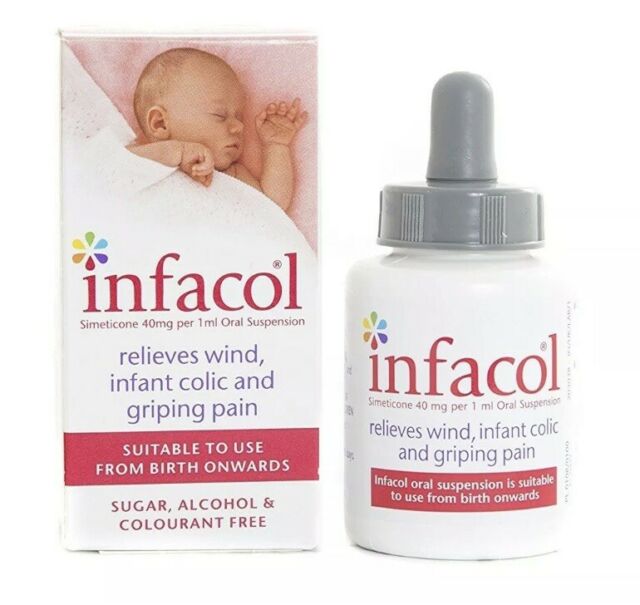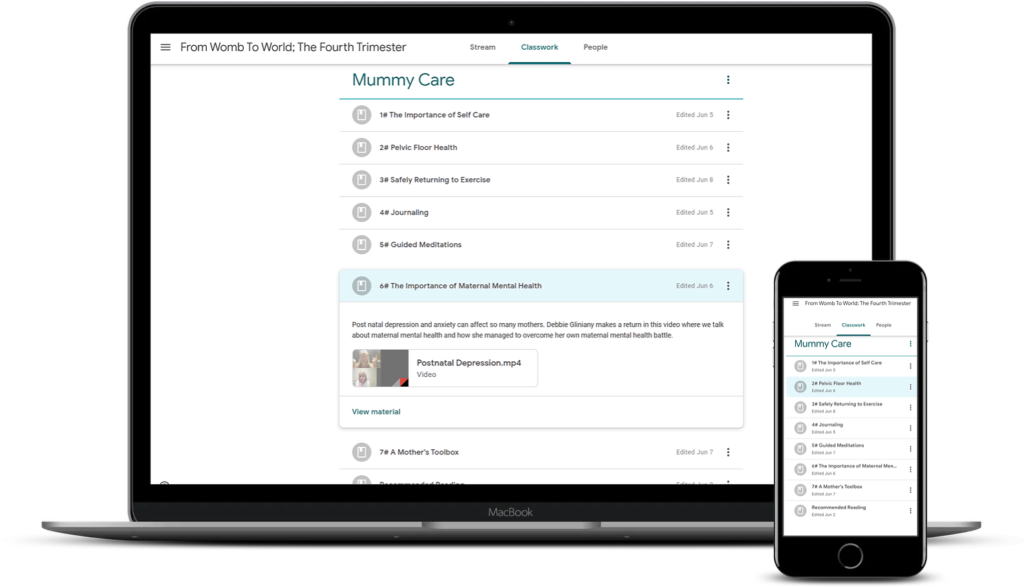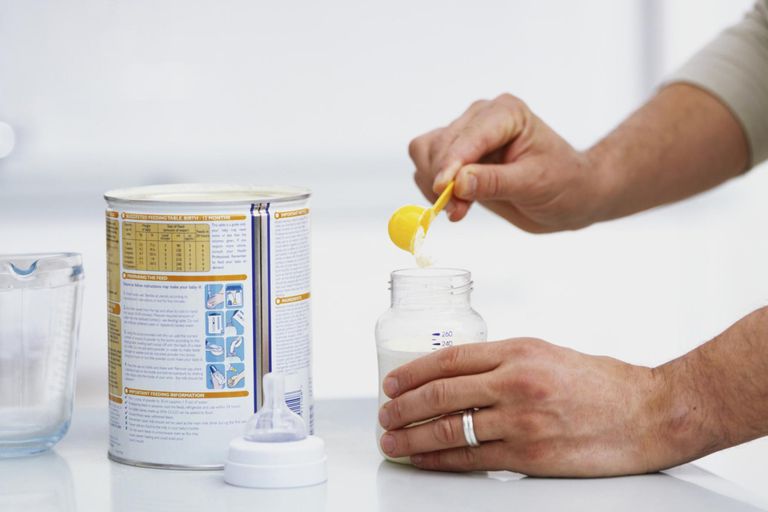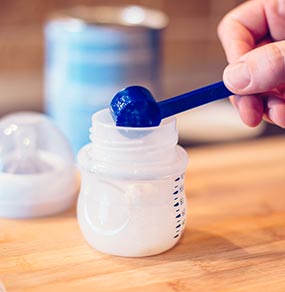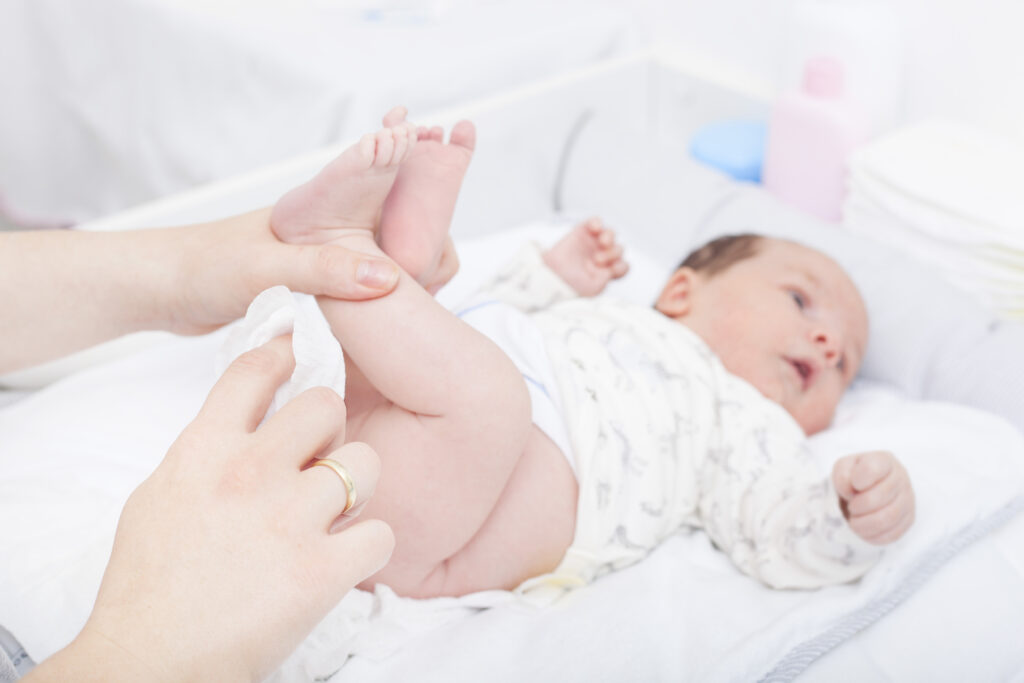What is Infacol?
Infacol is often used by parents with colicky babies and it is a ‘go to’ colic product and many families recommend that Infacol helps colic.
It is an anti foaming agent called simethicone. With claims that it reduces the surface tension of bubbles of trapped gas, it makes it easier to pass. It also promotes the expulsion of intestinal air.
What do you use Infacol for?
A lot of babies struggle with wind and it is the trapped wind which creates a baby’s tummy ache. Trapped air can cause a huge amount of distress to babies (and their parents). When babies swallow air, it can sit in the gut and increase pressure in the stomach and create pain. Infacol helps colic by dissolving the air bubbles.
Babies can take in excess air if they are crying or when feeding. A bottle fed baby may take in air whilst they are feeding because of the teat of the bottle does not fit the mouth correctly and create a seal. A breastfed baby may take in air if the mother has a high flow and a fast let down, especially with the first feed of the day when the breast is full.
Trapped gas is also very upsetting for babies as hydrogen and methane are just two of the gases naturally produced by the gut. These gases are usually excreted by the body either by the lungs or bottom. However if a baby struggles to release these gases, it can cause pain and discomfort and pressure to the baby as it sits and moves around the gut.
A baby may struggle to release the trapped air so Infacol is used by parents to help baby release the trapped wind.
Signs that your baby has trapped wind/gas
If your baby has trapped gas they will usually exhibit these symptoms:
- Hard or distorted abdomen
- Crying
- Red in the face
- Clenched fists
- Grunting/ squirming
- Relief when passing wind
Does Infacol work?
Ask a parent of a colicky baby if Infacol helps colic and you would get a mixed response. Many parents swear by Infacol and some GPs prescribe it or at least recommend it to parents of colicky babies, although it is usually for the placebo effect.
Studies have been carried out with colicky babies to see if it makes any difference. The findings were inconclusive but it has no reported adverse side effects and it is widely used.
If you are struggling with a colicky baby and would like expert colic advice, find out more about my colic consultation service here https://colicsos.com/colic-services/

